When it comes to dressing for success, having the right formal attire is crucial for making that lasting impression. A well-curated wardrobe of formal clothes often includes sleek suits, elegant dresses, and crisp shirts from some of the most reputable brands in the fashion industry. Whether you're attending a business meeting or a special event, choosing the best brands can elevate your style and confidence. To discover which brands offer the highest quality and trendsetting designs in formal wear, explore the list below.
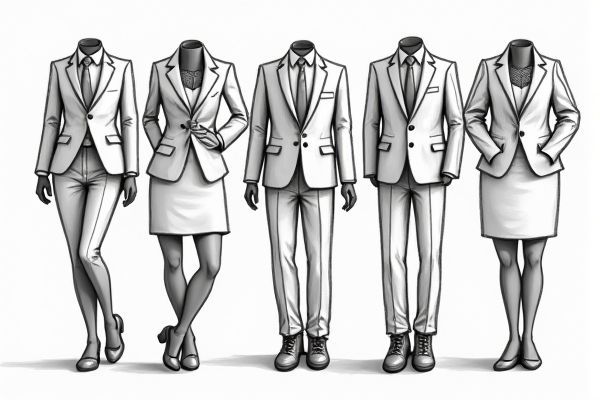
Illustration of formal clothes
Best brands of formal clothes in 2025
Brooks Brothers
Brooks Brothers is a renowned brand in the men's clothing industry, particularly celebrated for its high-quality formal wear. Founded with a rich history, the company has been a staple in men's fashion since its inception, with notable clients including President John F. Kennedy, who wore a Brooks Brothers suit at his inauguration. Despite facing challenges such as a decline in suit demand and economic downturns, Brooks Brothers has continued to innovate, launching new product lines like the "Grooming and Fragrance Collection" and expanding its retail presence globally. By 2002, the company had 81 full-price stores and 59 factory outlet stores, and it continued to update its brand image with modern designs and casual wear additions. However, the brand faced significant disruptions, including filing for bankruptcy in 2020, highlighting the industry's volatility. For more information, visit their official website.
Ralph Lauren
Ralph Lauren is a renowned brand in the formal clothing industry, known for its high-quality American apparel and timeless designs. As of Q3 2024, Ralph Lauren holds a market share of 4.59% in the Apparel, Footwear & Accessories sector, showcasing its significant presence in the market. The brand, founded in 1967, has expanded to manage 17 fashion brands and 4 lifestyle brands, with a global network of 344 retail stores and over 7,000 'shops-within-shops' in North America. Ralph Lauren's revenue in 2023 was $6.44 billion, and the brand continues to innovate, such as with its "Intelligent Insulation" technology for athletic apparel. Its iconic Polo Ralph Lauren line, launched in 1968, remains a top choice in men's luxury casual and sportswear.
Hugo Boss
Hugo Boss has solidified its position as a leading producer of formal clothes, driven by its successful "CLAIM 5" strategy. In 2023, the company reported a 15% increase in sales to 4.2 billion euros, with strong growth in the Americas and Asia/Pacific regions, up 21% and 23% respectively. The brand's formalwear business, which accounts for around 25% of Group sales, continues to offer enormous potential through modern interpretations and innovative product solutions. Digital sales also saw a significant boost, rising by 23% in both Q4 and the full year 2023. This growth underscores Hugo Boss's commitment to maintaining its leadership in the upper premium segment of the global formalwear market. For more information about their offerings, visit their official website.
Armani
Armani is a leading brand in the formal wear market, known for its exquisite and sophisticated designs. The brand, along with other key players like Hugo Boss, Ralph Lauren, Zegna, and Burberry, is expected to drive the formal wear market to reach USD 460.0 billion by 2032, growing at a CAGR of 4.6% from 2024 to 2032. Historically, the formal wear market valued at USD 280.0 billion in 2019 has shown robust growth, with Europe dominating the market and the APAC region witnessing the fastest growth. Armani's luxury apparel contributes significantly to the formal wear segment, which held around 42.2% of the luxury apparel market share in 2023. The brand's commitment to quality and elegance aligns with consumer aspirations for high-quality formal wear.
Burberry
Burberry, a quintessential British luxury brand, is renowned for its high-quality formal clothing, particularly its iconic Heritage Trench Coat, which has been a wardrobe staple for over a century. In the fiscal year 2023/24, Burberry reported total revenue of £2,968 million, with a global presence in over 140 countries and territories. The brand's apparel segment saw growth of 5% to 6% in 2023, despite a slowdown in the overall luxury market. Burberry's commitment to heritage and modernity, along with its innovative use of gabardine fabric, continues to drive its success in the formal wear market. The brand's global reach and strong brand building expertise position it as a leader in the luxury fashion industry. For more detailed insights, visit Burberry's official website.
Calvin Klein
Calvin Klein, a flagship brand of PVH Corp, is renowned for its high-quality formal clothing, contributing significantly to the company's revenue. In 2023, Calvin Klein generated 43% of PVH's total revenues, with $2.590 million in international sales and $1.325 million in North American sales, highlighting its strong global presence. The brand has seen notable growth, including high-single digit direct-to-consumer (DTC) growth, and has driven strong consumer engagement through iconic products and marketing campaigns. Calvin Klein's international segment alone accounted for 28.14% of PVH's total net sales in the third quarter of 2024. This brand continues to be a key driver of PVH's financial performance and brand desirability.
J.Crew
J.Crew is a renowned American retailer celebrated for its high-quality, classic American style, particularly in the realm of formal and smart casual clothing. Since its inception in 1983, J.Crew has been a staple for young professionals and fashion-conscious individuals, offering a range of stylish and durable apparel. In 2018, women's apparel accounted for 57% of J.Crew's global revenue, highlighting the brand's strong presence in this segment. The introduction of the J.Crew Collection in 2006 further solidified the brand's position in the luxury fashion market, featuring more luxurious fabrics and intricate designs. J.Crew's influence extends beyond its products, having played a significant role in shaping American style and gaining high-profile endorsements, such as from First Lady Michelle Obama during the Obama presidency. For an in-depth look into their marketing strategies, visit this detailed analysis.
Tom Ford
Tom Ford is a renowned brand in the men's suit market, known for its luxurious and tailored formal clothing. The brand's Spring/Summer 2023 collection featured a relaxed yet elegant take on tailoring, incorporating soft shoulders, slim trousers, and a focus on comfort with key fabrics like linen, cotton, and silk. Tom Ford's designs are highly regarded for their polished and professional image, making them a favorite in corporate and formal events. Despite the trend towards casual wear, Tom Ford's formal suits continue to drive market growth, particularly in sectors like finance, banking, and law. The global men's suit market, which includes brands like Tom Ford, is projected to reach $20.2 billion by 2032, growing at a CAGR of 4.9% from 2023 to 2032.
Zegna
Ermenegildo Zegna is renowned as one of the premier producers of formal clothing, having successfully adapted to the evolving menswear market by shifting its focus towards luxury leisurewear. In 2021, luxury leisurewear accounted for 50% of Zegna's sales, a significant increase from 28% five years prior. The company's sales rose by 27% to EUR1.29 billion in 2021, with adjusted operating profit growing sevenfold to EUR149 million. Zegna's acquisition of Thom Browne in 2018 has also driven substantial growth, with Thom Browne's revenues increasing by 47% to EUR264 million in the same year. Zegna's vertically integrated supply chain, including its own fabric mill in Italy and recent acquisitions, has been a key factor in its success.
Paul Smith
Paul Smith, a renowned British luxury fashion brand, has demonstrated its prowess as a leading producer of formal clothes, particularly suits. In the financial year ended June 2023, the company reported a satisfactory financial performance, with overall operating profit increasing by 3.2% to £4.1 million and group turnover rising by 7.7% to £212.55 million, returning to pre-pandemic levels. Retail sales saw a significant boost, increasing by 12.8% overall and 12.5% on a like-for-like basis, driven by increased footfall and travel post-pandemic. Wholesale sales to franchise partners and department stores also grew by 4.2% to £86.13 million. The brand's e-commerce segment contributed substantially, with direct online sales accounting for 31% of retail sales. For more insights into their collections, visit the Paul Smith official website.










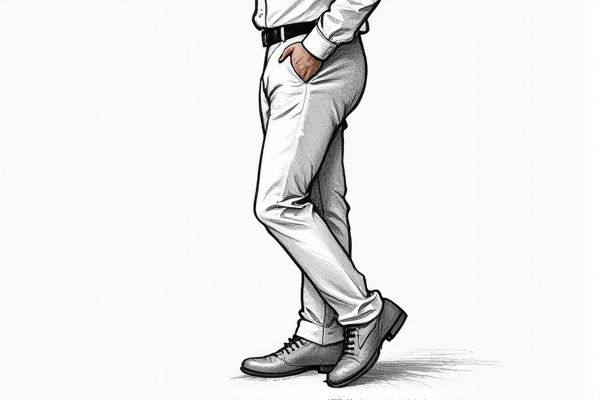
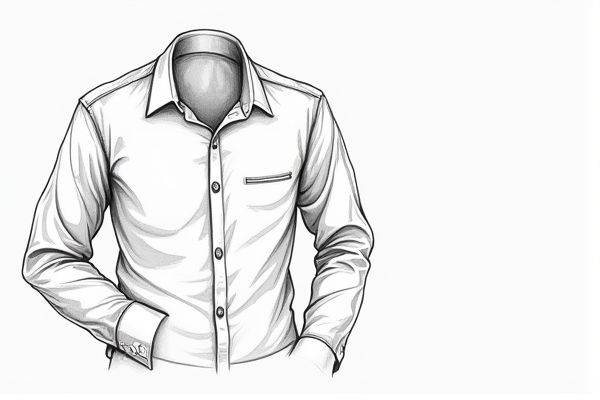
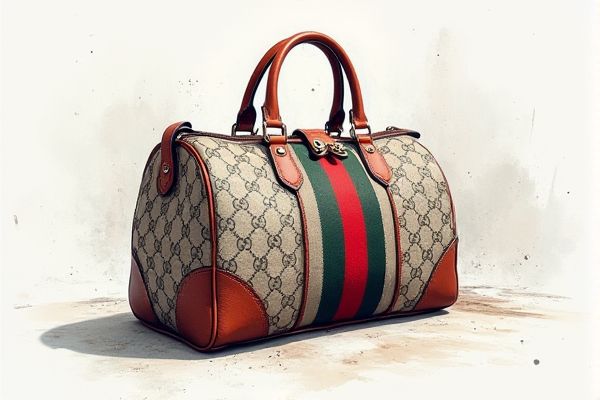
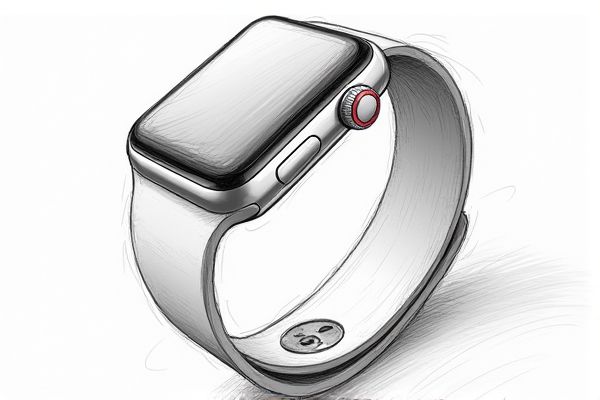

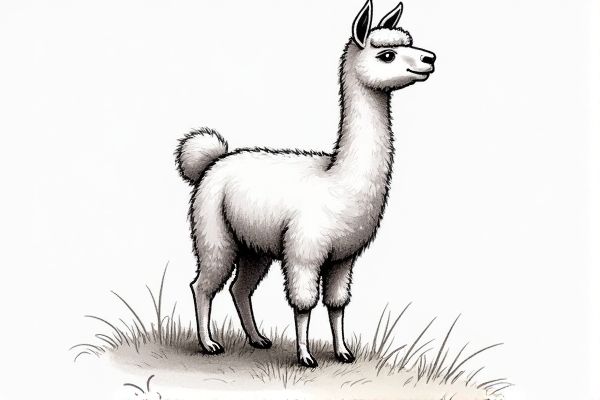
Leave a Reply
Your email address will not be published.